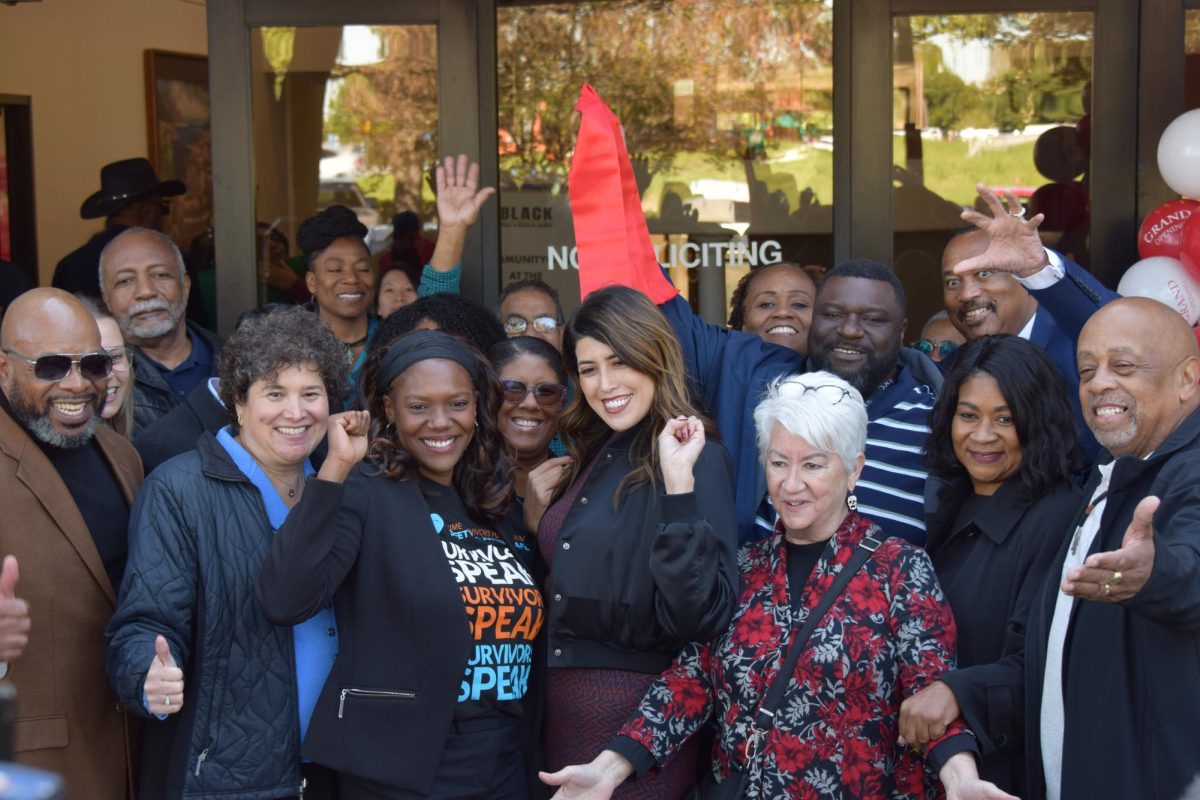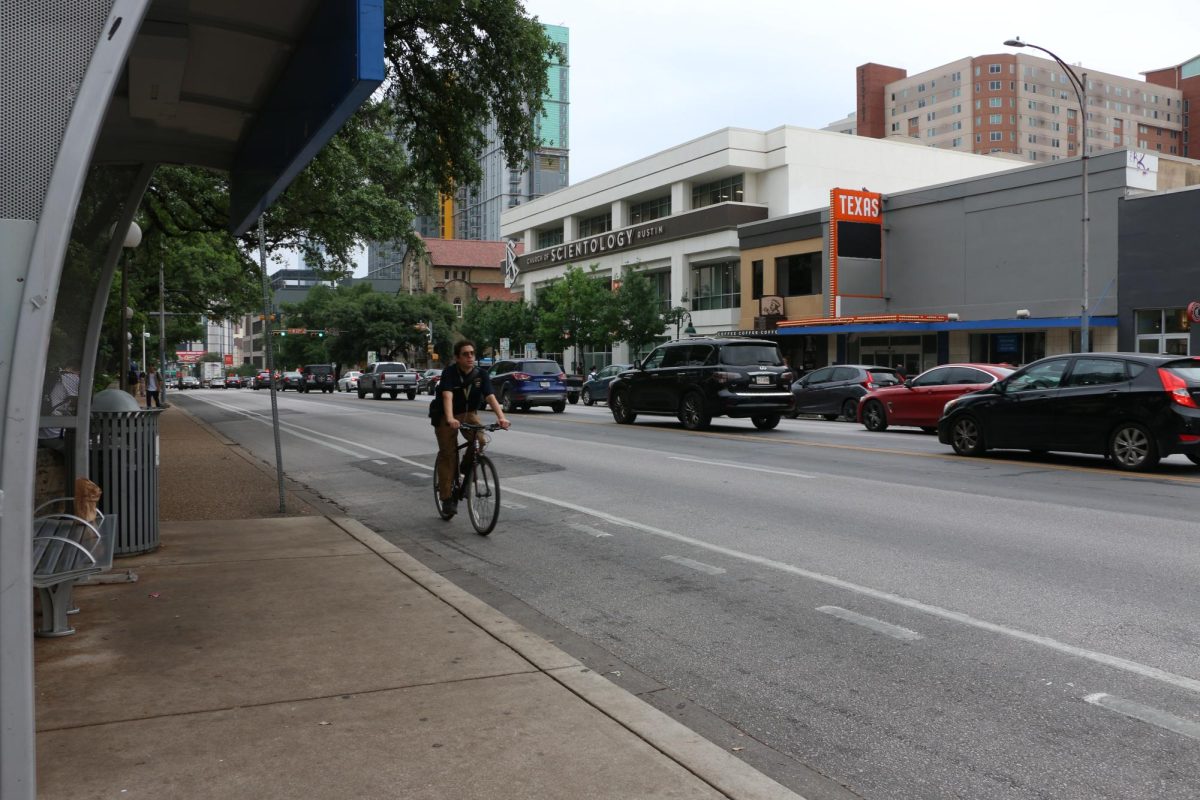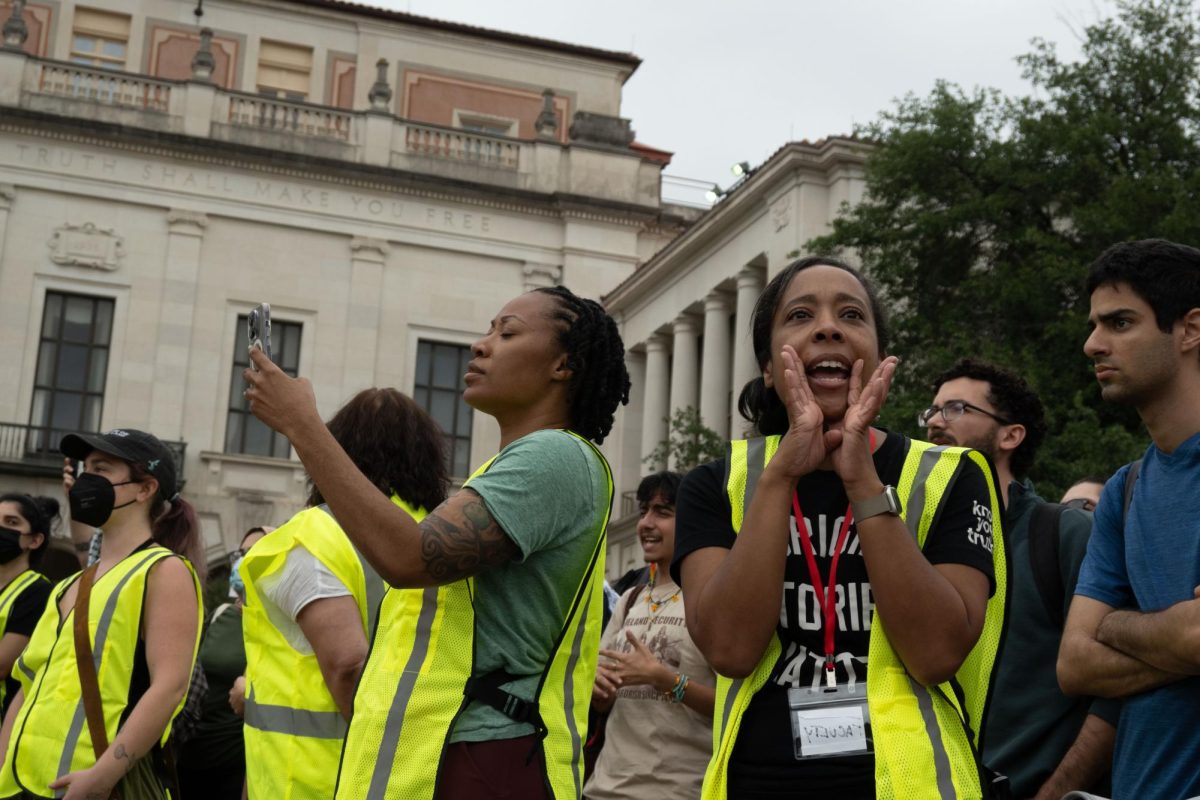The Harvest Trauma Recovery Center, the first center of its kind in Texas, opened in Austin on Nov. 1 to bring support and resources to survivors of violence and their families.
The city of Austin and the African American Youth Harvest Foundation collaborated to bring the center to Texas, part of a network of 50 other centers across 13 states. Michelle Myles, manager of Austin’s Office of Violence Prevention, said the center started with a 2021 report from the city’s Reimagining Public Safety Task Force with recommendations for improving public safety in the city, which included the establishment of a trauma recovery center. Myles worked with other leaders in the city to secure funding for a centralized location providing mental health treatment, case management and legal assistance to survivors of violent crimes and their families.
“A lot of folks in communities most impacted by violence and crime don’t have access to mental health services, let alone case management,” Myles said. “The services that are delivered by the Trauma Recovery Center is a proven, evidence-based model designed to actually help individuals stabilize and return to healing.”
The African American Youth Harvest Foundation provides case management for the center, which encompasses assistance with housing, finding employment and applying for victim compensation dollars, as well as mental health treatment.
“(PTSD) is something a lot of people overlook,” said Krystal Zhong, a mental health agency member. “I feel like that’s something a lot of people just go on with their life (with), like ‘Okay, I have trauma,’ but they don’t think of it as a big deal. (With) the opening up of the center, since it’s free, I feel like people will start to pay more attention to services like this to get more help.”
Although the trauma recovery center is a centralized location, the services offer delivery directly to people where they are. Individuals don’t need to have a police report to receive services at the center, which are provided free of charge.
“It’s hard to go get help and to make getting help as accessible as possible is the key to benefiting not just the mental health but the physical health of people as well,” said Kaitlyn Marsh, co-director of Student Government’s mental health agency. “They’re zero-cost services, eliminating as many barriers as possible.”
Myles said Congressman Doggett is working to set aside $1.4 million for the continued funding of the center.
“I saw trauma recovery centers as a crucial component in violence prevention, not only to help individuals who are survivors of violent crime and their families, but also to embed (services) within communities who have been divested or experiencing systemic racism, who didn’t have access to that type of service,” Myles said.
Myles said the center is one way to expand Austin’s violence prevention ecosystem, building on programs like the community violence intervention program that provides services to individuals at the highest risk of committing or being victims of community violence.
“Even a person that causes harm to someone, oftentimes that person has received harm,” Myles said. “We want to create a cycle of healing to end the cycle of violence and see (the Trauma Recovery Center) as a way to provide this restoration.”














